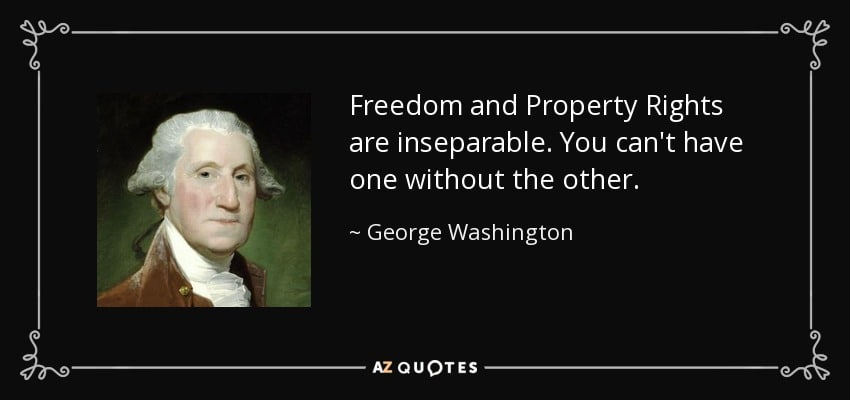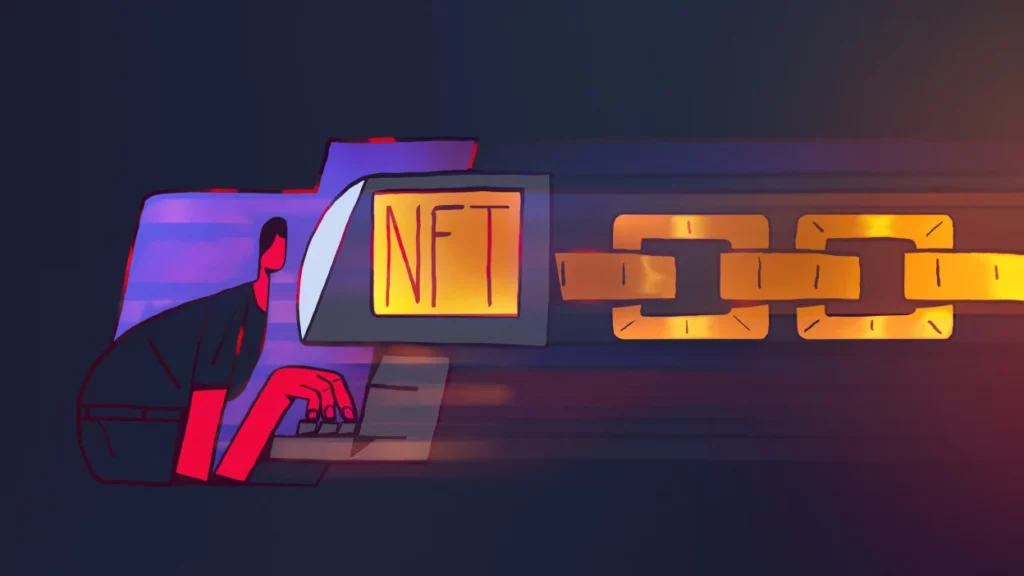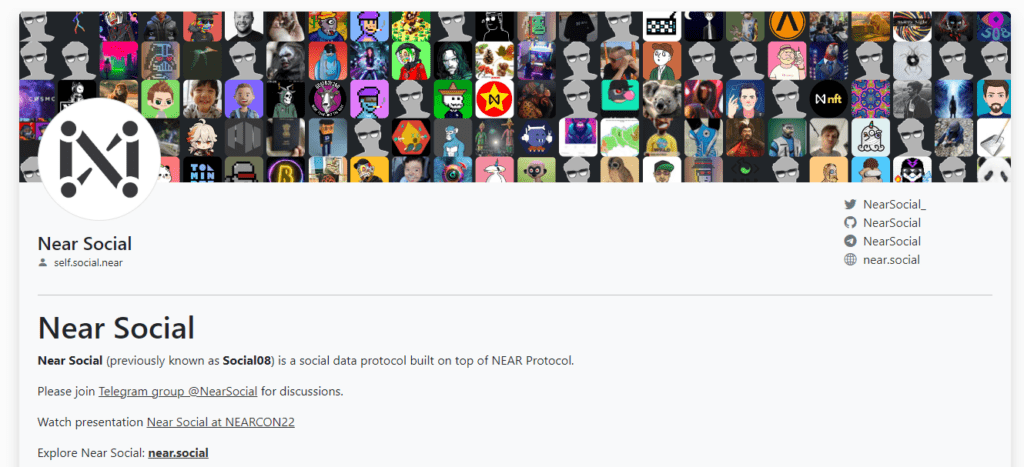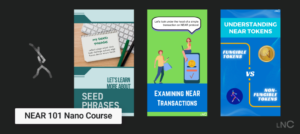Today, when our daily life is becoming increasingly digital, people started to understand that some of their possessions in this new digital world are valuable. Various account information, game characters, subscriptions, tickets to access physical and digital events, and club membership: we have more and more things of importance and great value for us. And sometimes even the things connected to life success or security. It’s a new feeling for many of us to understand that you are significantly dependent on “a piece of information” stored somewhere and we are losing some comfort in a try to manage it well. Most of us end up storing those things in either a cloud file or a proprietary wallet like Apple. It’s a rare thing to realize that those considered to be safe places do not as safe as we think. First, they do not belong to us and are not managed by us. They are somebodies else place where record keeping is done. Second, they are less accessible than we used to think. Just move from the US to mainland China and you will realize that most of your Google-stored possessions are not accessible anymore. For those who think further, it appears clear that in the digital world we used to operate nothing does really belong to you when it is stored in some kind of cloud or simply unknown by you servers: the server can disappear, service you are using to access the information can disappear too, also the information can be amended by server administrators or as a result of the malicious intervention.
Ok. There seem to be not many possibilities to truly own something in the digital world. But do we need it? Probably not. At the same time, I personally believe in the words of George Washington:
Freedom and Property Rights are inseparable. You can’t have one without the other.

Which is a perfect motivator for me to look around for better digital property rights possibilities than we had before.
Surprisingly, the answer is pretty simple and quite interesting: the technology we’ve used to think about as “the tokenization of all sorts of art” is perfectly capable to facilitate the self-sovereign storage of digital property rights. Yes, I’m speaking about NFT. By assigning an NFT to any piece of information we can set the initial price and ownership for this piece. And it will be stored in the owner’s wallet to be used if required for any sort of demonstrations, or presentations at the point of checking and accessing control gates. And the evidence of our ownership is stored in a decentral manner which prevents any sort of unauthorized information change and facilitates the necessary resilience: we can be sure that at least some part of the decentralized network will stay accessible, which means still provide the requestor with the information about the fact the owner of the property is still the owner.
And one step backward for the broader look: by NFT-vising any sort of information we are enabling interoperability between various information systems, IT solutions, metaverse and gaming realms: to access the data we just need to request the owner’s wallet about the provisioning of the certain NFTs and its utility parameters. Further, we can use those parameters for any sort of verification, calculation, or simple visualization.
So, let’s summarize: NFT is perfect to represent ownership in the digital world: it has the price, the owner, and the actual data ownership of which the owner is claiming, and on top of all this, it may have visual or audio representation making the possession recognizable. For many of us, it will additionally allow the development of emotional connection which is frequently developed through visual representation. So, even shorter, for kids probably: NFT is something nice and tradable, enabling us to claim our rights in the new digital world.
Updated: November 25, 2022




